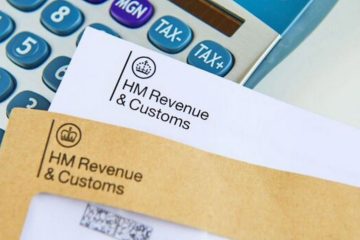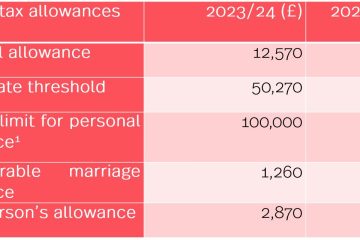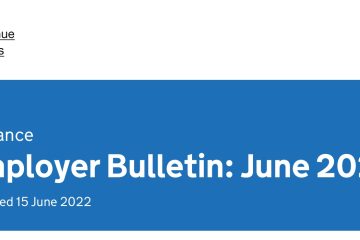A Comprehensive Guide to HMRC and Its Role in the UK

Introduction to HMRC
The HM Revenue and Customs (HMRC) is a vital agency of the British Government responsible for the collection of taxes, the payment of some forms of state support, and the administering of regulatory frameworks. Established in 2005, HMRC is crucial to the financial infrastructure of the UK, ensuring that public services are funded appropriately and that tax obligations are met by individuals and businesses alike.
Roles and Functions of HMRC
One of HMRC’s primary roles is the collection of income tax, national insurance contributions, and Value Added Tax (VAT). According to recent statistics, HMRC collected over £600 billion in taxes for the financial year 2021-2022, reflecting the substantial contribution of taxpayer funds to the UK economy. Furthermore, HMRC is responsible for the enforcement of tax laws, helping to prevent tax evasion and fraud through various compliance initiatives.
Additionally, HMRC oversees the customs sector, regulating the import and export of goods into and from the UK. In the wake of Brexit, the customs operations of HMRC have been scrutinised and adjusted, leading to the introduction of new customs controls and processes that importers must navigate. This new landscape has significantly reshaped trading relationships and procedural requirements for businesses engaged in international trade.
HMRC also plays a crucial role in administering various welfare benefits, including tax credits and Universal Credit. As part of its responsibility, HMRC ensures that eligible individuals and families receive the appropriate financial support, which has become increasingly important during the economic challenges posed by the COVID-19 pandemic.
Recent Developments and Future Outlook
In 2023, HMRC has implemented several digital transformation initiatives aimed at improving tax collection and compliance. The introduction of ‘Making Tax Digital’ aims to streamline the tax filing process for individuals and businesses, moving them to a fully digital system. This shift is expected to enhance efficiency and accuracy in tax reporting.
Looking ahead, HMRC faces numerous challenges, including the economic fallout from global events, potential changes in tax legislation, and the ongoing adjustments to post-Brexit trade regulations. The agency’s effectiveness in navigating these challenges will be paramount in safeguarding the UK’s fiscal health.
Conclusion
In summary, HMRC is a cornerstone of the UK’s financial system, responsible for tax collection, customs enforcement, and welfare benefit administration. The agency’s role is increasingly significant in fostering economic stability and growth as it adapts to changing fiscal landscapes. Understanding HMRC’s functions, recent developments, and future challenges will help citizens and businesses alike navigate the complexities of tax and compliance in the UK.









